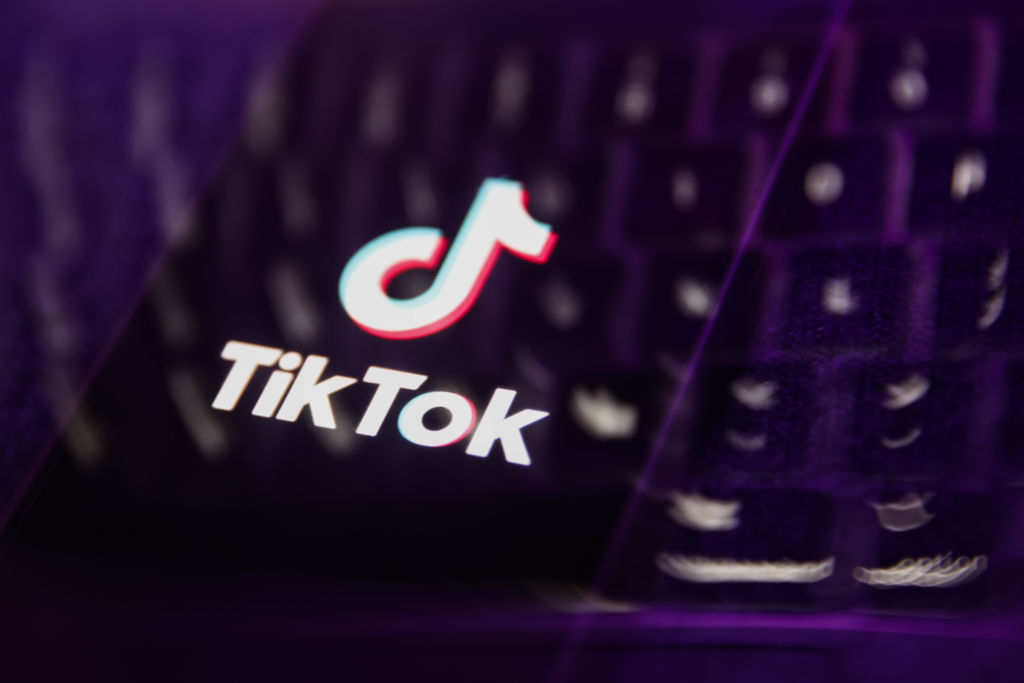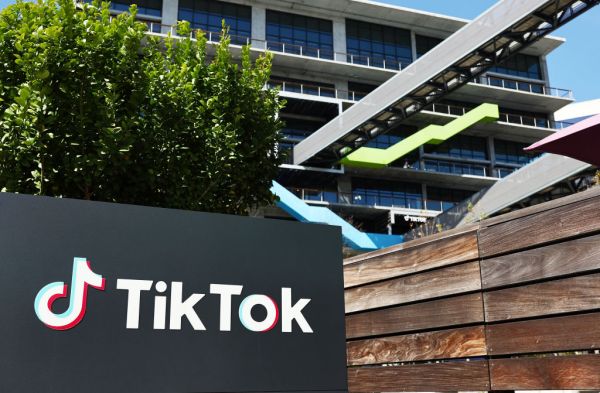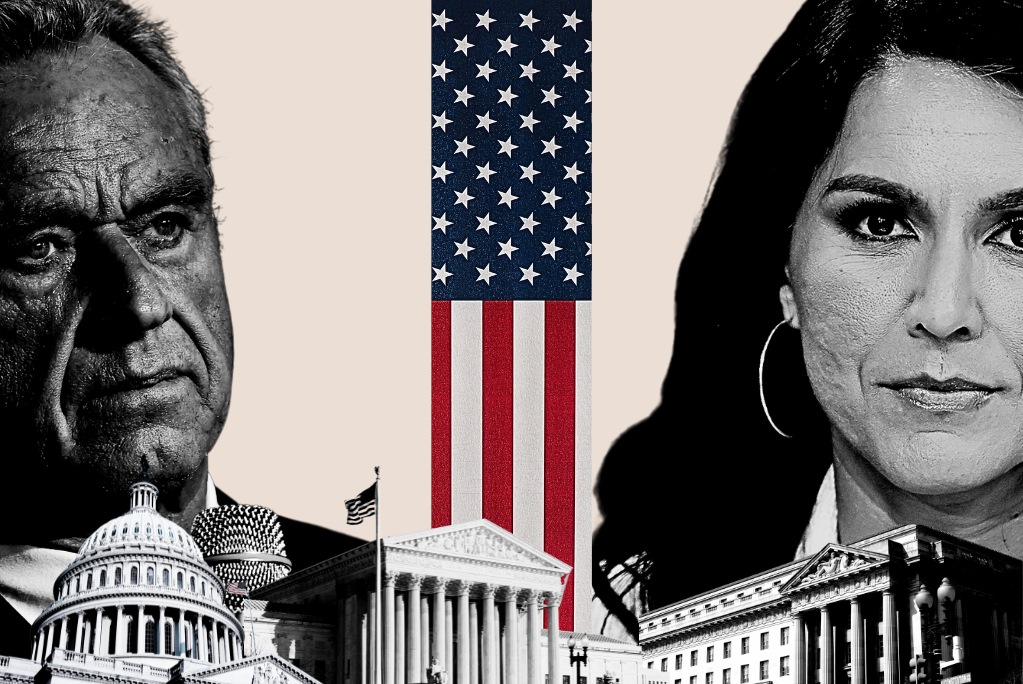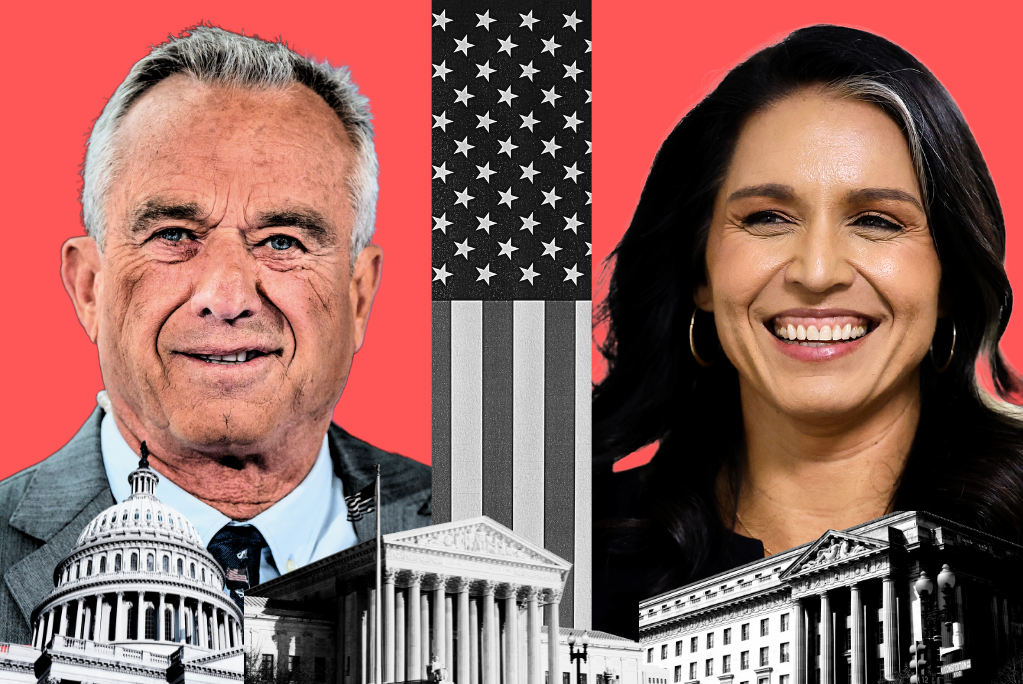TikTok is once again dominating the conversation in Washington, D.C. Last year, members of Congress grilled TikTok CEO Shou Zi Chew over the app’s connections to Beijing, the company’s privacy violations, and the Chinese Communist Party’s (CCP) ability to leverage the platform to sow division within America. But interest in addressing these issues dissipated in the face of TikTok’s masterful lobbying campaign.
This year, however, appears to be different. In roughly one week, the House of Representatives fast-tracked a new bill targeting TikTok through a unanimous committee vote and onto the House floor, where it passed by an overwhelming bipartisan margin of 352-65. Instead of banning the app, the bill, authored by Republican Rep. Mike Gallagher and Democratic Rep. Raja Krishnamoorthi, requires TikTok to divest from its Chinese parent company ByteDance within six months, on penalty of being barred from app stores hosted by Apple and Google. The White House has signaled support for the legislation and has called on the Senate to expedite its review.
Washington’s momentum to tackle TikTok is back, and it couldn’t come a minute too soon. The app is the CCP’s greatest asymmetric advantage over the United States. Indeed, former senior Trump administration officials privately characterize TikTok as America’s greatest threat since COVID-19. Continued inaction would risk imperiling Americans and our democratic system of government.
Most Americans are familiar with China’s “Great Firewall,” the CCP’s censorship regime to sanitize China’s internet from speech the party deems threatening. Beijing has restricted the Chinese people’s access to Western social media sites and international news outlets, and ByteDance maintains a heavily sanitized version of TikTok within China called Douyin. The CCP also tasks scores of censors with the ongoing task of scrubbing politically sensitive speech online. But the Communist Party’s campaign to control information is global. CCP General Secretary Xi Jinping has repeatedly described the internet as the party’s “main battlefield” and called for a “strong internet army” to blunt anti-China perceptions. In 2021, Xi stressed Beijing’s need to control “external discourse mechanisms” over specific foreign audiences. Why? To “make friends, unite and win the majority, and constantly expand our circle of friends who know China and are China-friendly.” Xi didn’t mention TikTok, but Chinese state media did—and with good reason.
According to TikTok itself, there are now 170 million Americans on the app. This staggering figure presents real concerns about data security and privacy, but TikTok poses a unique challenge. By virtue of its parent company’s presence in China, it is subject to CCP’s broader efforts to wage and win information warfare. Beijing has leveraged this control on three recent occasions. In the wake of Hamas’ terrorist attacks against Israel on October 7, 2023, pro-Palestinian content outnumbered pro-Israel content by a margin of 4-to-1. In November 2023, Osama bin Laden’s “Letter to America” went viral on TikTok, with many young Americans expressing sympathy with the mastermind behind the September 11 terrorist attacks. TikTok responded that journalists artificially amplified the videos, but both incidents seemed to galvanize Republicans and Democrats to reexamine the app’s future in America. Underscoring congressional concern was recent polling from the Pew Research Center, which suggest that more Americans are turning to TikTok for news. Most recently, TikTok mobilized its U.S. users last week to call Capitol Hill and oppose the bipartisan Gallagher-Krishnamoorthi bill. Several callers, armed with inaccurate information about the legislation, threatened suicide and murder if their member of Congress voted for the bill.
To be sure, TikTok is still mastering its tradecraft. Its hamfisted lobbying of Capitol Hill backfired and hurt the app’s cause with Republicans and Democrats alike. But the proof of concept already exists: The CCP, by virtue of TikTok, has a highway to half of Americans’ phones. Beijing could leverage that access in ways that harm America’s democracy, like spreading allegations of “rigged” elections. It could also utilize TikTok in concert with military action against Taiwan to mobilize mass American opposition to helping Taipei. If either scenario plays out, our leaders in Washington will have no one but themselves to blame.
These possibilities underscore the urgency of defanging TikTok. The CCP has successfully exploited America’s open economy, principles of free speech, and democratic system for its own malign purposes. Policymakers have received numerous intelligence briefings on the dangers TikTok poses to the United States. Right now, they have an opportunity to mitigate those threats and force a clean break between TikTok and its CCP-controlled parent. Given the vagaries of American politics, it may be Washington’s last chance to neutralize this insidious weapon before it does lasting damage to the country.





Please note that we at The Dispatch hold ourselves, our work, and our commenters to a higher standard than other places on the internet. We welcome comments that foster genuine debate or discussion—including comments critical of us or our work—but responses that include ad hominem attacks on fellow Dispatch members or are intended to stoke fear and anger may be moderated.
With your membership, you only have the ability to comment on The Morning Dispatch articles. Consider upgrading to join the conversation everywhere.